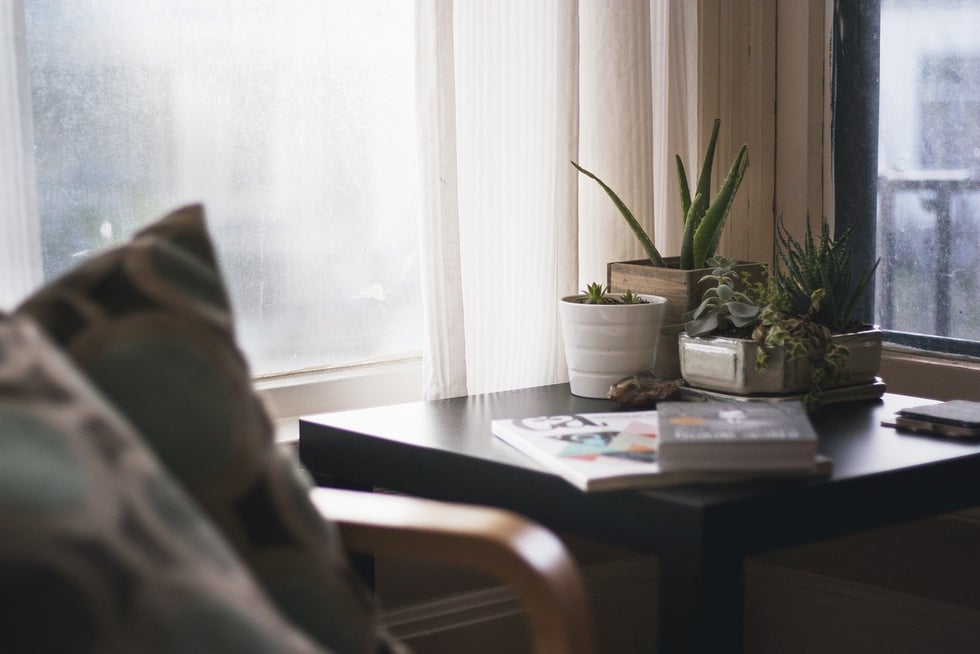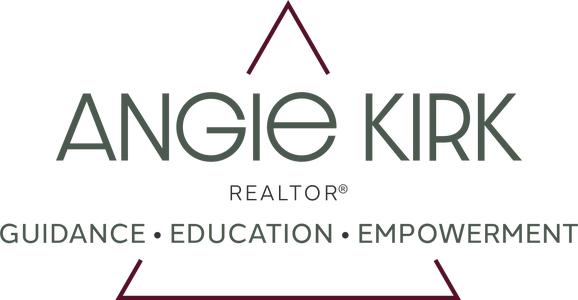
When you’re preparing to buy a home, most buyers focus on the list price, but there are quite a few other costs that come along with a home purchase. These “hidden” costs can add up quickly, so it’s helpful to budget for them in advance to avoid any surprises. Here’s a guide to the most common expenses that first-time buyers (and even seasoned ones) might overlook.
1. Home Inspection Fees
A home inspection is essential to ensure your new home is in good condition. This process usually costs between $300 and $600, depending on the size and location of the home. Skipping the inspection can cost you down the line, as you might miss costly repairs that are easier to negotiate before you close.
2. Appraisal Fees
If you’re financing your home with a mortgage, your lender will typically require a property appraisal. This usually costs around $300 to $500 and verifies that the property is worth the amount they’re lending. It’s a small price to pay for peace of mind (and your lender’s approval), but it’s still an added expense many overlook.
3. Closing Costs
Closing costs can be a big surprise to new buyers. They usually range from 2-5% of the purchase price and cover various fees, including title insurance, lawyer fees, and lender fees. Reviewing these fees with your lender in advance can help you budget.
4. Moving Expenses
It’s easy to overlook the cost of moving, but between renting a truck, hiring movers, or even just purchasing moving supplies, it can quickly add up. Whether it’s a DIY move or professional help, it’s wise to set aside a budget for this stage to avoid the sticker shock on moving day.
5. Utility Setup and Connection Fees
When you move in, you’ll likely have to set up your utilities, and some companies charge installation or connection fees. This can include electricity, gas, water, internet, and waste services. Utility fees vary by provider, but budgeting around $200 to $500 is a safe bet for a full setup.
6. Property Taxes and Homeowners Insurance
These two ongoing costs begin immediately. Property taxes vary significantly by location, and insurance depends on the value of your home and local factors, so it’s good to discuss estimates with your lender or insurance provider.
7. Maintenance and Repairs
Homes, especially those that aren’t brand new, come with a certain level of maintenance. While this isn’t a direct closing cost, it’s smart to budget for potential repairs in the first year. Having a fund set aside for these expenses means you’re prepared for anything unexpected, from a leaky faucet to a furnace issue.
8. Potential Strata Fees
If you’re buying in a condo you’ll need to factor in monthly strata fees that cover shared amenities, like pools and landscaping, but they vary widely based on the property. Make sure you know the cost upfront to avoid surprises down the road.
Bottom Line: Knowledge Is Key
Buying a home is a big step, but being prepared for these hidden costs can make the process smoother. The best way to ensure you’re ready is by planning ahead and getting informed on all the fees involved. With the right budgeting, you’ll be ready for every step, from moving day to making your new house feel like home.
Need Help?
If you’re ready to dive into the buying process, I’m here to help with each step, from budgeting for these hidden costs to finding the perfect home for you. Reach out anytime, and let’s chat about how to make your home-buying journey smooth and exciting!

